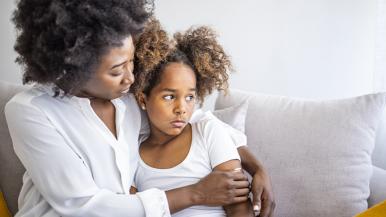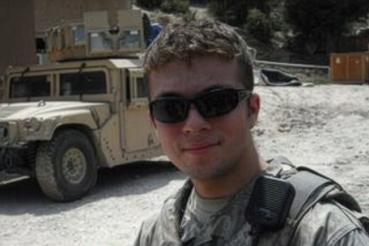As the Chicago area and the nation reels from the deadly July 4 mass shooting in Highland Park, parents once again are left to figure out how to speak with their children about mass violence.
Louis Kraus, MD, chief of child and adolescent psychiatry at RUSH University Medical Center, suggests creating space for their children to talk about what they’re seeing, without forcing them to talk if they don’t want to.
“If they’re not bringing up any issues of what occurred, I don’t think it’s necessary to try to draw it out of them,” he told NBC Chicago. “That could potentially be more traumatic. At the same time, assuming your child is old enough, so say school-aged, you want to at least ask them if they have any questions about what happened, so you offer them a stage to be able to talk.”
For parents facing questions from their children about violent events, Kraus said a top priority is to listen to their concerns and assure them of their safety.
“Even when this occurs in your backyard, you have to reassure your kids that it’s going to be okay, and things will get back to how they were,” he told WGN-TV. “Sometimes there simply isn’t an answer for a violent behavior. You just have to let your children know this is something that’s terrible, it happened, it’s not going to happen to them.”
Kraus also stressed the importance of maintaining a regular routine for children after they have learned about violent events.
“Get their lives back to normal as quickly as possible,” he told FOX-32. “You don't want to isolate them for significant periods of time. If they are in summer camp, get them back to summer camp. If they are at other activities, it’s important to get them back to those activities.”
Kraus said parents should be on the lookout for signs of depression or anxiety in their children, which can include sleep disturbances, changes in appetite, isolation, agitation and irritability.
If parents are worried about their child’s mood, Kraus recommended reaching out to their pediatrician for assistance and referral to additional mental health resources. He also stressed that parents should not neglect their own mental health needs.
“People are overlooking this, that this has been a huge trauma, and not just for children,” he said. “On the airplane, you put the oxygen mask on yourself first and then you take care of your children. Parents need to be cognizant of that.”




